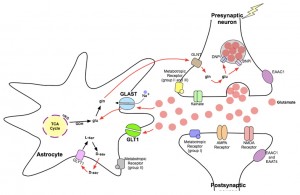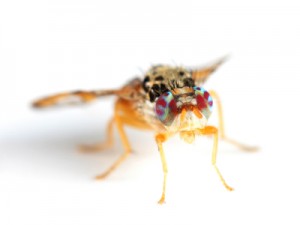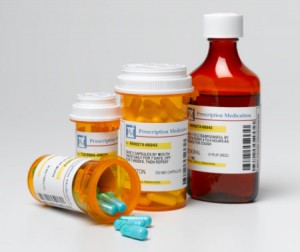It’s that time of y ear again: New Year Resolutions. Whether it’s that new gadget you splurge on for husband or eating one too many holiday treats, December is a time to be merry and indulge. With the holidays in full gear, we know we have one last ooh-rah before the diet books come out and we attempt to tackle our New Year’s resolutions. However, for those families who suffer from addiction, the holidays and especially New Year’s can be a daunting time that is always marked by the failure to change. Kevin Sanders, co-founder of ExecuCare Addiction Recovery Center, knows first hand these challenges. Her husband, Mike Sanders, struggled with a long-time addiction to alcohol and more recently OxyContin and Xanax before seeking treatment in January 2005 with her encouragement.
ear again: New Year Resolutions. Whether it’s that new gadget you splurge on for husband or eating one too many holiday treats, December is a time to be merry and indulge. With the holidays in full gear, we know we have one last ooh-rah before the diet books come out and we attempt to tackle our New Year’s resolutions. However, for those families who suffer from addiction, the holidays and especially New Year’s can be a daunting time that is always marked by the failure to change. Kevin Sanders, co-founder of ExecuCare Addiction Recovery Center, knows first hand these challenges. Her husband, Mike Sanders, struggled with a long-time addiction to alcohol and more recently OxyContin and Xanax before seeking treatment in January 2005 with her encouragement.
“He’s a successful business man, a community leader, and a loving husband and father, but addiction shows no discrimination,” Kevin Sanders said of Mike, father of three and investment firm owner. “As small business owners, we didn’t have thirty, sixty or ninety days for him to spend in rehabilitation. NTR was this miracle we happened upon.”
Neurotransmitter Restoration (NTR) is a medical nutritional therapy. The IV infusions of amino acids “bathe” cells giving them continuous exposure to an optimized nutrient environment and speed up the healing process. As a result, NTR helps individuals discontinue the use of drugs or alcohol, while repairing the damage done to the brain as a result of chronic use without using drug replacement therapy. Because the body is getting what it needs naturally, NTR safely detoxifies while minimizing post acute withdrawal symptoms, significantly reducing cravings, anxiety and depression, normalizing stress levels, and restoring a sense of well-being and clarity of mind. Kevin noticed Mike’s sense of well-being improved immediately. “He was calmer, more patient,” she said.
Almost five years later, Mike’s investment firm continues to thrive; he is alcohol and drug free, and they are committed to making this unique treatment more broadly available to others. They opened the doors to ExecuCare Addiction Recovery Center in Norcross, Ga., in September 2006.
“Most addiction treatments solely focus on the psychological and social aspects of addiction, ExecuCare ARC is one of the few recovery centers to work on the physical form of the disease of addiction by restoring normal brain function,” Kevin further explained. “We attack addiction at its physical root.”
ExecuCare ARC is one of the few clinics in the United States to offer the Neurotransmitter Restoration, a revolutionary approach to addressing the physical form of addiction, and the Sanders plan to open more in the near future. ExecuCare ARC operates on the belief that when NTR protocols precede traditional therapy treatments, individuals experience much higher success rates in long-term recovery. By addressing the physical form of the disease first with NTR, an individual is better prepared to make the psychological, behavioral, social and spiritual changes necessary in the next phases of recovery. While at ExecuCare ARC, therapists and addiction specialists design and implement customized intense outpatient programs that allow patients to continue their recovery.
“I truly believe in the strength and power of family, and its ability to overcome obstacles together,” Kevin said when discussing how she and the three kids have helped Mike with the opening of ExecuCare ARC. “I hope that ExecuCare ARC brings the same hope and healing to other families as it has brought to mine.”
Happy New Year! Here’s to 2013 bringing more inspiring stories of recovery!







